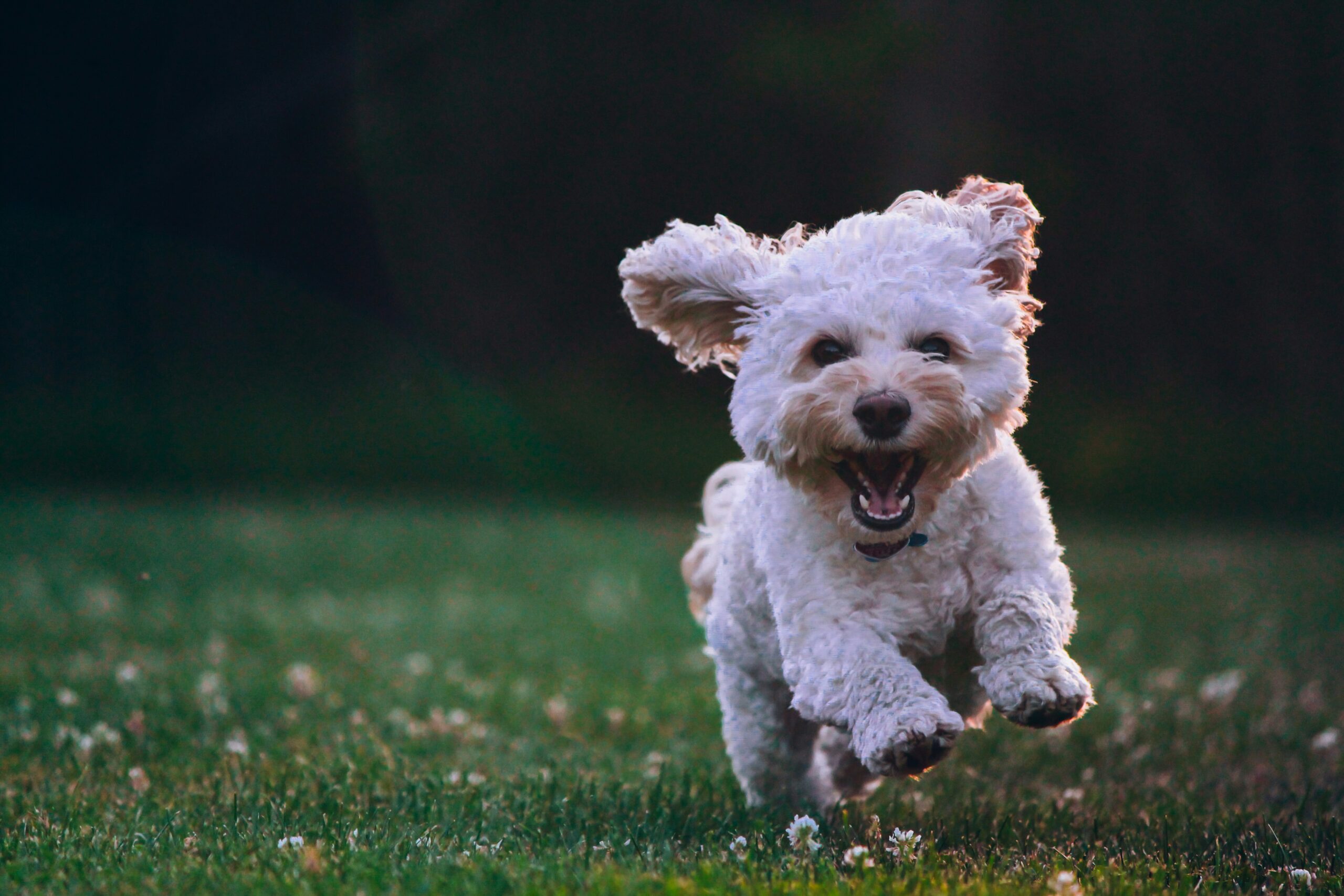What to Look for in an Aggressive Dog Trainer
Dealing with an aggressive dog can be a challenging and sometimes even dangerous situation. Whether your dog is displaying aggression towards people, other animals, or both, it’s important to seek professional help to address the issue. An aggressive dog trainer can provide the necessary expertise and guidance to help modify your dog’s behavior and create a safer and happier environment for everyone involved.
Qualities of an Aggressive Dog Trainer
When searching for an aggressive dog trainer, there are several important qualities to consider:
1. Experience and Expertise
An aggressive dog trainer should have extensive experience in dealing with aggressive behavior in dogs. Look for trainers who specialize in aggression and have a proven track record of success. They should be knowledgeable about different types of aggression and have a variety of effective training techniques to address each specific case.
2. Positive Reinforcement Techniques
It’s important to choose a trainer who uses positive reinforcement techniques rather than harsh or punitive methods. Aggressive dogs often respond better to positive reinforcement, which involves rewarding good behavior rather than punishing bad behavior. This approach helps to build trust and strengthen the bond between the dog and trainer.
3. Customized Training Plans
Every aggressive dog is unique, and what works for one dog may not work for another. A good aggressive dog trainer will assess your dog’s specific behavior and develop a customized training plan tailored to their individual needs. This may include a combination of behavior modification exercises, obedience training, and socialization techniques.
4. Patience and Compassion
Dealing with aggression in dogs requires patience, understanding, and compassion. Look for a trainer who genuinely cares about the well-being of your dog and is willing to invest the time and effort needed to help them overcome their aggression. A compassionate trainer will also be able to provide support and guidance to you as the dog owner.
Questions to Ask a Potential Aggressive Dog Trainer
Before hiring an aggressive dog trainer, it’s important to ask them some key questions to ensure they are the right fit for you and your dog:
1. What is your approach to dealing with aggressive behavior?
It’s important to understand the trainer’s methodology and ensure it aligns with your own beliefs and values. Ask about the specific techniques they use and how they tailor their approach to each individual dog.
2. Can you provide references or testimonials from previous clients?
A reputable aggressive dog trainer should be able to provide references or testimonials from satisfied clients. Contacting these references can give you valuable insights into the trainer’s effectiveness and professionalism.
3. How long will the training process take?
While it’s impossible to give an exact timeline for resolving aggression issues, a good trainer should be able to provide a rough estimate based on their experience. Be wary of trainers who promise quick fixes or guaranteed results within a specific timeframe.
4. What ongoing support do you offer?
Behavior modification takes time and consistency. Ask the trainer if they provide ongoing support and follow-up sessions to ensure continued progress with your dog. This could include phone consultations, group classes, or additional one-on-one sessions as needed.
Conclusion
When seeking an aggressive dog trainer, it’s crucial to find someone with the necessary experience, expertise, and positive reinforcement techniques. A customized training plan, along with patience and compassion, are also key qualities to look for in a trainer. By asking the right questions and doing your research, you can find an aggressive dog trainer who will help you and your dog navigate the path to a happier and more harmonious relationship.

